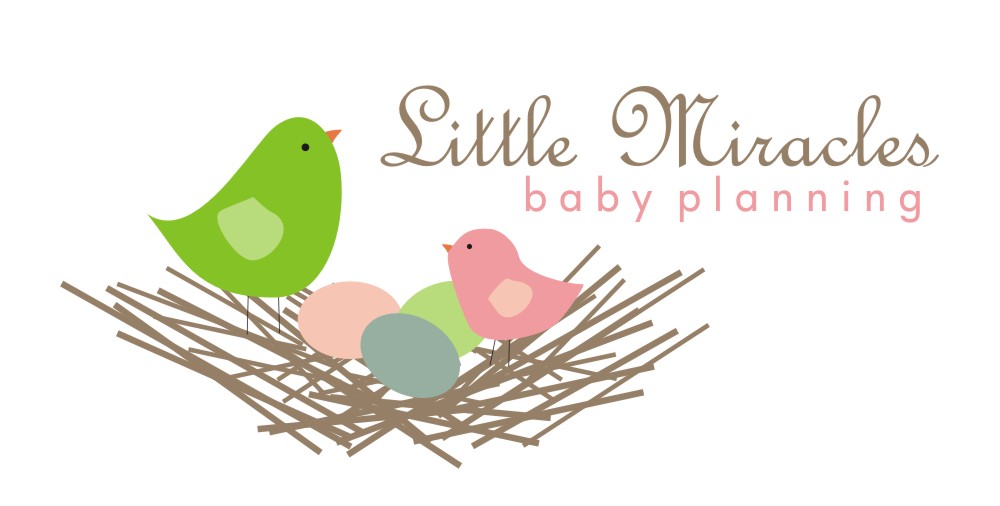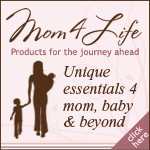
WASHINGTON, D.C. - The U.S. Consumer Product Safety Commission (CPSC) and Health Canada (HC), in cooperation with Infantino LLC, of San Diego, Calif. are announcing a free replacement program for the Infantino “SlingRider” and “Wendy Bellissimo” infant slings. One million of these infant slings are being recalled in the United States and 15,000 are being recalled in Canada. CPSC advises consumers to immediately stop using these slings for infants younger than four months of age due to a risk of suffocation and contact Infantino for a free replacement product.
CPSC is aware of three reports of deaths that occurred in these slings in 2009; a 7-week-old infant in Philadelphia, Pa.; a 6-day-old infant in Salem, Ore.; and a 3-month-old infant in Cincinnati, Ohio.
The Infantino “SlingRider,” is a soft fabric baby carrier with a padded shoulder strap that is worn by parents and caregivers to carry an infant weighing up to 20 lbs. “Infantino” is printed on the plastic slider located on the strap. “Infantino,” “SlingRider” and the item number are printed on the instruction/warning label inside the baby sling carrier. “Wendy Bellissimo” branded sling carriers were sold exclusively at Babies “R” Us and have a sewn-in label on the inside of the sling strap that says in part "Wendy Bellissimo Media, Inc." and lists Item numbers 3937500H7 and 3937501H7.
Infantino LLC sold the slings in the United States and Canada from January 2003 through March 2010 at Walmart, Burlington Coat Factory, Target, Babies “R” Us, BJ’s Wholesale, various baby and children’s stores and other retailers nationwide, and on the Web at Amazon.com, for between $25 and $30.
The product was manufactured in China and Thailand.
Consumers should stop using the recalled slings immediately and contact Infantino to receive a free replacement product, with a choice of a Wrap & Tie infant carrier, or a 2 in 1 Shopping Cart Cover, or a 3 in 1 Grow & Play Activity Gym. A Jittery Pals Rattle will also be provided. Contact Infantino toll-free at (866) 860-1361 between 8 a.m. and 4 p.m. PT Monday through Friday, or visit the firm’s Web site at www.infantino.com
Do not attempt to fix these carriers.
CPSC is still interested in receiving incident or injury reports that are either directly related to this product recall or involve a different hazard with the same product. Please tell us about it by visiting https://www.cpsc.gov/cgibin/incident.aspx
Note: Health Canada’s press release is available at http://cpsr-rspc.hc-sc.gc.ca/PR-RP/recall-retrait-eng.jsp?re_id=1001
Additional Message from CPSC:
On March 12, 2010, CPSC issued a warning about sling carriers for babies. Slings can pose two different types of suffocation hazards to babies. In the first few months of life, babies cannot control their heads because of weak neck muscles. The sling’s fabric can press against an infant’s nose and mouth, blocking the baby’s breathing and rapidly suffocating a baby within a minute or two. Additionally, where a sling keeps the infant in a curled position bending the chin toward the chest, the airways can be restricted, limiting the oxygen supply. The baby will not be able to cry for help and can slowly suffocate.
CPSC has determined that a mandatory standard is needed for infant sling carriers. While a mandatory standard is being developed, CPSC staff is working with ASTM International and concerned companies such as Infantino to quickly develop an effective voluntary standard for slings. There currently are no safety standards for infant sling carriers.
---
The U.S. Consumer Product Safety Commission is charged with protecting the public from unreasonable risks of serious injury or death from thousands of types of consumer products under the agency's jurisdiction. The CPSC is committed to protecting consumers and families from products that pose a fire, electrical, chemical, or mechanical hazard. The CPSC's work to ensure the safety of consumer products - such as toys, cribs, power tools, cigarette lighters, and household chemicals - contributed significantly to the decline in the rate of deaths and injuries associated with consumer products over the past 30 years.
To report a dangerous product or a product-related injury, call CPSC's Hotline at (800) 638-2772 or CPSC's teletypewriter at (301) 595-7054. To join a CPSC e-mail subscription list, please go to https://www.cpsc.gov/cpsclist.aspx. Consumers can obtain recall and general safety information by logging on to CPSC's Web site atwww.cpsc.gov.
Infant Deaths Prompt CPSC Warning About Sling Carriers for Babies

WASHINGTON, D.C.- The U.S. Consumer Product Safety Commission (CPSC) is advising parents and caregivers to be cautious when using infant slings for babies younger than four months of age. In researching incident reports from the past 20 years, CPSC identified and is investigating at least 14 deaths associated with sling-style infant carriers, including three in 2009. Twelve of the deaths involved babies younger than four months of age.
Slings can pose two different types of suffocation hazards to babies. In the first few months of life, babies cannot control their heads because of weak neck muscles. The sling’s fabric can press against an infant’s nose and mouth, blocking the baby’s breathing and rapidly suffocating a baby within a minute or two. Additionally, where a sling keeps the infant in a curled position bending the chin toward the chest, the airways can be restricted, limiting the oxygen supply. The baby will not be able to cry for help and can slowly suffocate.
Many of the babies who died in slings were either a low birth weight twin, were born prematurely, or had breathing issues such as a cold. Therefore, CPSC urges parents of preemies, twins, babies in fragile health and those with low weight to use extra care and consult their pediatricians about using slings.
Two months ago, the Commission added slings to the list of durable infant products that require a mandatory standard. Additionally, CPSC staff is actively investigating these products to determine what additional action may be appropriate. Until a mandatory standard is developed, CPSC is working with ASTM International to quickly complete an effective voluntary standard for infant sling carriers.
CPSC recommends that parents and caregivers make sure the infant’s face is not covered and is visible at all times to the sling’s wearer. If nursing the baby in a sling, change the baby’s position after feeding so the baby’s head is facing up and is clear of the sling and the mother’s body. Parents and caregivers should be vigilant about frequently checking their baby in a sling.

.png)




No comments:
Post a Comment